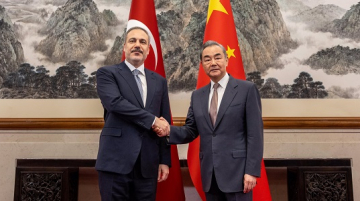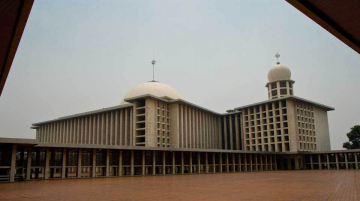Wang Yi made history on Tuesday by becoming the first Chinese foreign minister invited to the annual meeting of the Organization of Islamic Cooperation (OIC), the largest international organization of Muslim countries. Wang attended the gathering in Islamabad, Pakistan as a special guest.
Wang’s visit deepens Beijing’s recent diplomatic focus on key Islamic powers. In January, he met with representatives from Saudi Arabia, Oman, Kuwait, Bahrain, and the Gulf Cooperation Council (GCC.) Zhai Jun, China’s Special Envoy to the Middle East also visited Saudi Arabia on 13-15 March. During that visit he also met with OIC’s Secretary General Hissein Brahim Taha. January also saw visits to Beijing by foreign ministers from Turkey and Iran.









